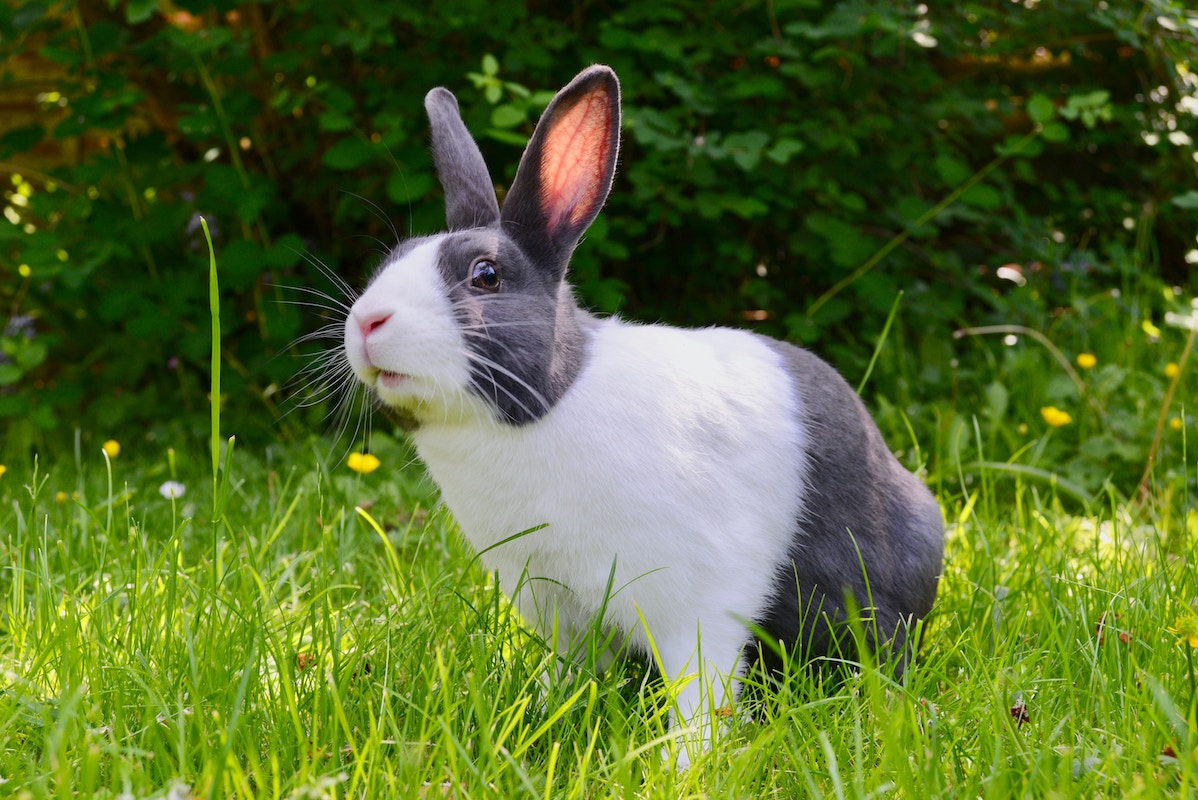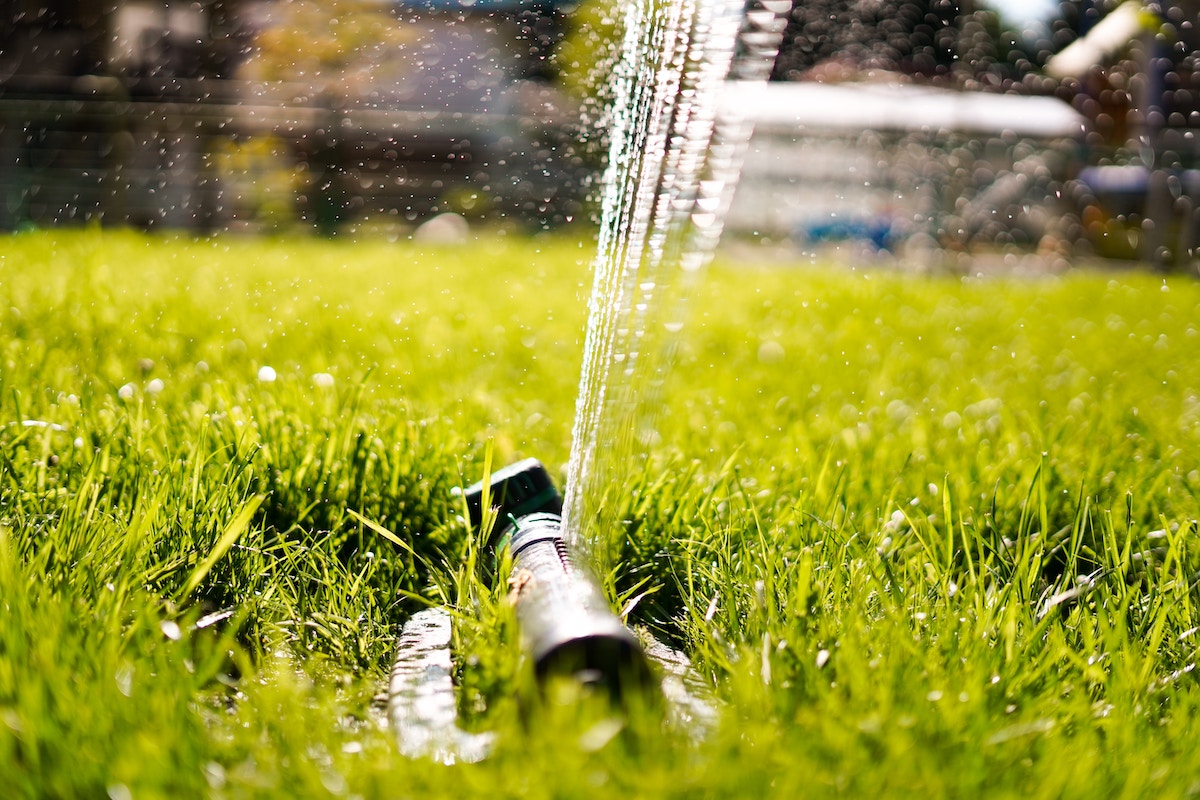Creating a thriving garden is a labor of love, and nothing dampens the joy of growing your own produce like unwelcome pests. From nibbling critters to pesky insects, keeping your garden free from intruders requires a strategic approach. In this guide, we’ll explore effective and eco-friendly methods to protect your green haven. With a combination of preventive measures and natural solutions, you can maintain a healthy, pest-free garden and enjoy the fruits of your labor.
1. Choose Resilient Plants and Companion Planting:
Start your pest prevention journey by selecting plants that are naturally resistant to common pests. Additionally, embrace the concept of companion planting:
- Resilient Varieties: Opt for plant varieties known for their resistance to pests. Research and choose plants that thrive in your specific climate and soil conditions.
- Companion Plants: Planting certain species together can help deter pests. For example, marigolds can repel nematodes, while basil can protect tomatoes from certain insects.
2. Practice Good Garden Hygiene:
Maintaining a clean and tidy garden is a simple yet effective way to discourage pests:
- Remove Debris: Regularly clear away fallen leaves, weeds, and other debris that can harbor pests and provide hiding spots.
- Sanitize Tools: Clean and sanitize your gardening tools to prevent the spread of diseases that pests may carry.
- Crop Rotation: Rotate your crops each season to disrupt the life cycles of pests that may target specific plants.
3. Implement Physical Barriers:
Create physical barriers to deter pests from reaching your plants:
- Row Covers: Use row covers made of lightweight fabric to protect plants from flying insects and pests.
- Netting: Install bird netting to prevent birds from feasting on your fruits and vegetables.
- Fencing: Erect fences or barriers to keep larger pests, such as rabbits and deer, at bay.
4. Attract Beneficial Insects:
Encourage natural predators to help control pest populations in your garden:
- Ladybugs: Attract ladybugs, known for consuming aphids and other soft-bodied insects, by planting dill, fennel, or cilantro.
- Praying Mantises: Create a habitat for praying mantises, voracious predators of pests, by incorporating tall grasses and plants.
- Beneficial Nematodes: Introduce beneficial nematodes to the soil to control soil-dwelling pests like grubs.
5. DIY Natural Pest Repellents:
Harness the power of nature to create homemade pest repellents:
- Neem Oil Spray: Neem oil is effective against a variety of pests. Mix neem oil with water and a small amount of dish soap, then spray on affected plants.
- Garlic and Chili Spray: Combine crushed garlic and chili peppers with water to create a potent spray that deters many pests.
- Diatomaceous Earth: Sprinkle diatomaceous earth around plants to create a barrier that dehydrates and repels crawling insects.
6. Use Organic Pest Control Methods:
Incorporate organic pest control solutions to maintain a healthy garden ecosystem:
- Biological Pest Control: Introduce beneficial insects, such as predatory beetles or parasitic wasps, to naturally control pest populations.
- Organic Pesticides: Choose organic pesticides with low environmental impact, such as insecticidal soap or neem oil, to target specific pests.
- Bacillus thuringiensis (Bt): Bt is a naturally occurring bacteria that is effective against caterpillars and larvae but is harmless to humans, pets, and beneficial insects.
7. Regularly Monitor Your Garden:
Stay vigilant and monitor your garden regularly to detect and address pest issues promptly:
- Inspect Plants: Regularly inspect the leaves, stems, and fruits of your plants for signs of pests, including discoloration, holes, or webs.
- Handpick Pests: If manageable, handpick larger pests like caterpillars or beetles and drop them into a soapy water solution to eliminate them.
- Early Intervention: Act promptly at the first signs of pest activity to prevent infestations from spreading.
Conclusion: Nurturing a Pest-Free Paradise
A thriving garden is a testament to your dedication, and with proactive measures, you can create a pest-free paradise. By incorporating a combination of preventive practices, natural solutions, and maintaining a watchful eye, you’ll be well on your way to enjoying a garden that flourishes in harmony with nature. Embrace the journey of nurturing your green haven and savor the fruits of your pest-resistant labor.




